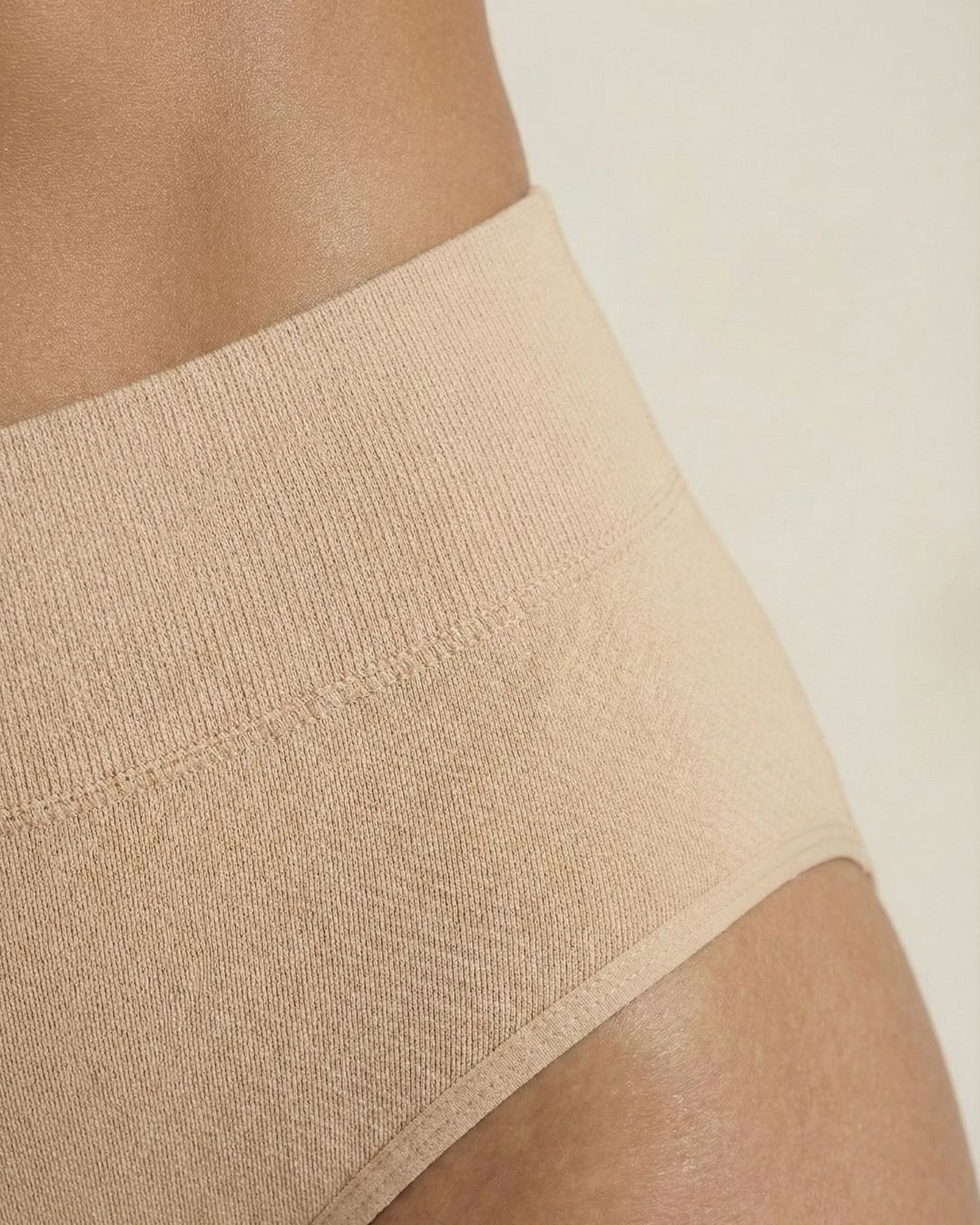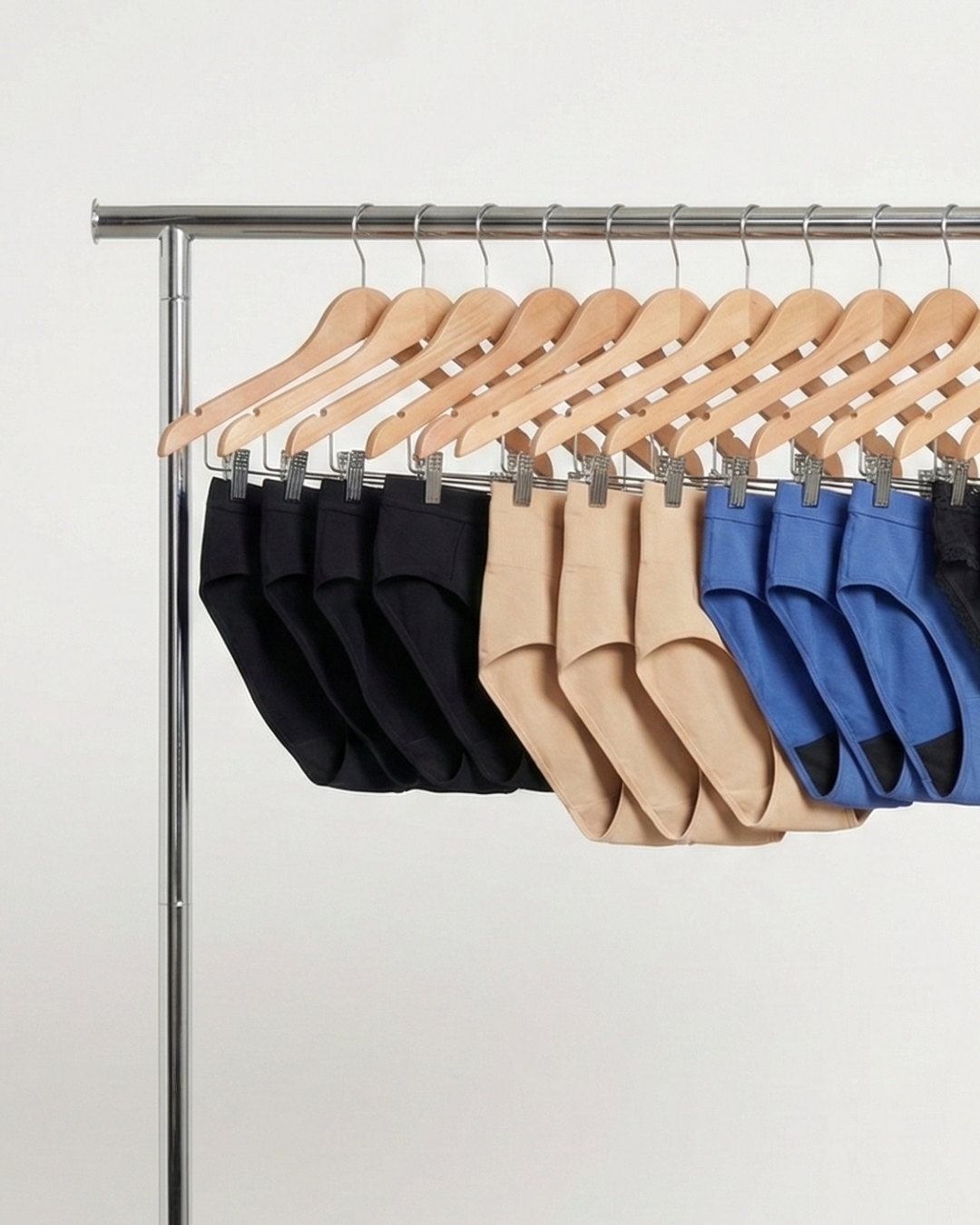
How to Have a Happy Period
Share
If you have had your period (perhaps too many times now), you’re probably well-acquainted with problems of bleeding, bloating, cramps, and—of course, who could forget about the premenstrual syndrome, commonly known as PMS? With all this pain and discomfort coming at you all at once, it may be too hard to feel good and up to doing anything other than lying in bed all day.
Fortunately, upon searching through the internet and scrolling through a number of credible websites, we have come up with three simple ways to guarantee you a pain- and trouble-free period!
1. Be proactive on what you do.
When you’re on your period, we know that it becomes too easy for you to fall into the temptation of becoming a couch potato for some days. Understandable. Who can be motivated enough to move when cramps are killing you in every step?
Nevertheless, research has proven that doing exercise, even low-intensity ones such as pilates, stretching, and yoga, can help relieve your pain and alleviate the symptoms you’re feeling and experiencing, including but not exclusive to back pain, cramps, and headaches. Further, doing such exercises may result in the release of hormones called endorphins, which induces pleasure and in turn, reduces your perception of pain and improves your overall mood.
Other activities that you may do to further improve your mood and well-being are:
- Acupuncture, which is known to have the ability to ease your PMS symptoms and regulate your period
- Meditation, which is beneficial for both your mental and physical well-being
- Sleeping in a fetal position, which helps remove the pressure from your abdominal muscles, thereby alleviating your cramps
2. Be mindful of what you eat.
During the time of the month, it is much easier for you to feel bloated, which can cause quite the discomfort. As such, it is essential that you be mindful of your food and beverage consumption—knowing which food to eat and which ones to avoid.
Different kinds of food can offer various forms of benefits to your body and your health, especially during this crucial time. For example, whole grains, which are rich in Vitamin B, provides you with a sustainable source of energy and helps improve your overall mood. Other food that you should take to ease cramping, bloating, fatigue, and inflammation are 70% dark chocolate, avocado, bananas, fresh vegetables, ginger, oranges, nuts, salmon, seeds, and watermelon—all of which are rich in magnesium, Omega-3, and Vitamin B6.
You should ensure as well that you’re able to drink at least 8 glasses of water per day to keep your blood flowing and ease pressure on your uterus, which can also help diminish the symptoms of bloating and cramps.
Meanwhile, you should avoid consuming food that are known to be high in carbonation, sodium, sugar, and trans fat, as they can increase your estrogen levels, blood sugar levels, and your symptoms of bloating, dehydration, and inflammation. These include the following:
- Alcohol
- Dairy products
- Caffeine
- Carbonated drinks
- Fried and processed food
- Refined sugar
3. Be smart about what you take.
Oftentimes, we choose to avoid taking any medicine at this time of the month, as we fear that we would eventually rely on them too much. However, if you’re able to take them in moderation, we believe that medicine can serve to be beneficial to you.
Here is a list of a number of medicines that you can take to alleviate your symptoms and help improve your cycle:
- Calcium, which improves your mood, as well as decreases your feelings of anxiety, fatigue, and depression
- Chasteberry, which eases breast pain and supports progesterone levels
- Flaxseed oil, which alleviates menstrual cramps, as well as reduces the probability of infertility and endometriosis
- Magnesium, which helps relax the blood vessels and regulate serotonin
- Omega-3 and Turmeric, which reduces inflammation and bloating in the body
- Vitamin B6, which helps in hormone balance and production
It’s true that periods can be a painful and uncomfortable experience—we’ve also been there, after all. But we at Rudie also know that this does not always have to be the case. Why subject ourselves to pain that can be avoided through simple changes in our lifestyle and routine?
That is why here at Rudie, we encourage all of you to always seek for change to make the change.








